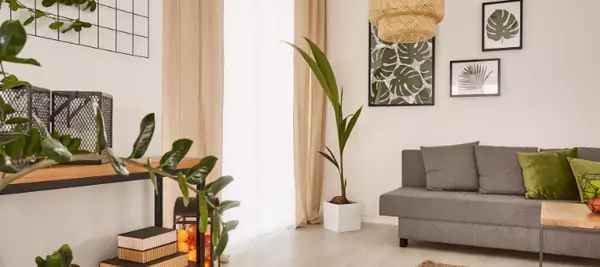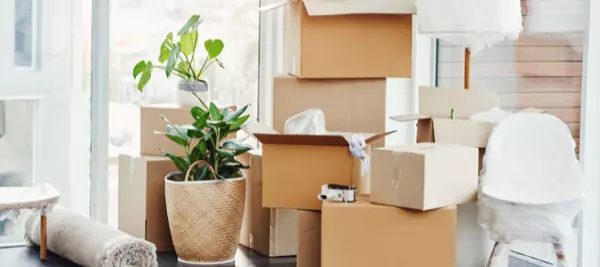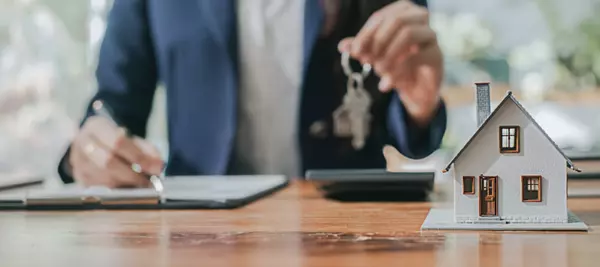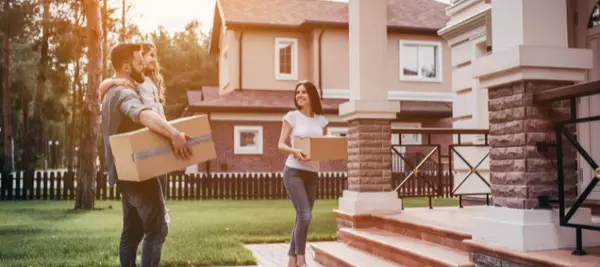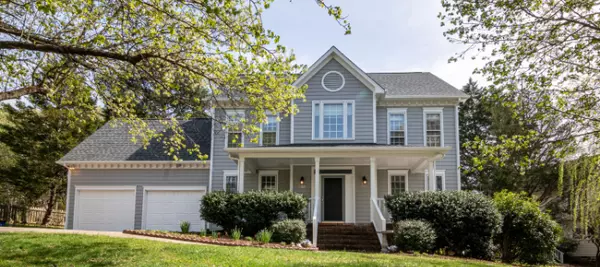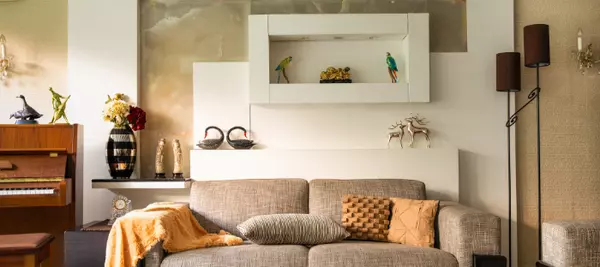Adding a Pool? Find Out What That Means For Your Home's Value
Adding a pool? Find out what it means for your home's value.
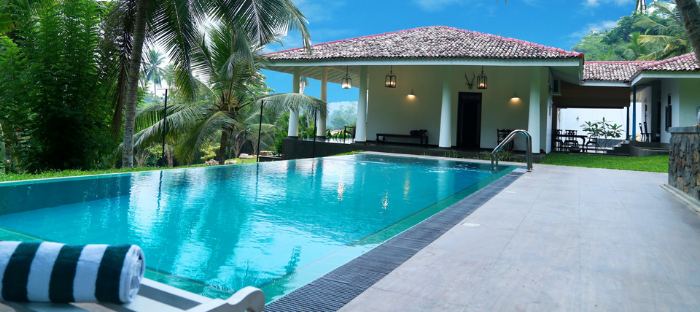
What does adding a pool entail for your home?
An inground pool adds a level of luxury typically associated with larger homes. They’re a great way to keep the family entertained, but one thing they come with is added maintenance and upkeep costs. The average pool is used three or four times per week but requires daily monitoring to ensure it’s kept safe and clean.
However, pools are great for property value - the added value doesn't just come from the pool itself and its use in warmer climates but it also adds to the value of your home because buyers won't need to deal with the construction period and the initial cost.
The resale value of a real estate property with a pool is generally higher than comparable homes that don't have one. It's a huge selling point eventually but before you start to think of a buyer, there are quite a few other factors you want to keep in mind before you decide to take the plunge and invest in a swimming pool.
Costs of adding a pool.
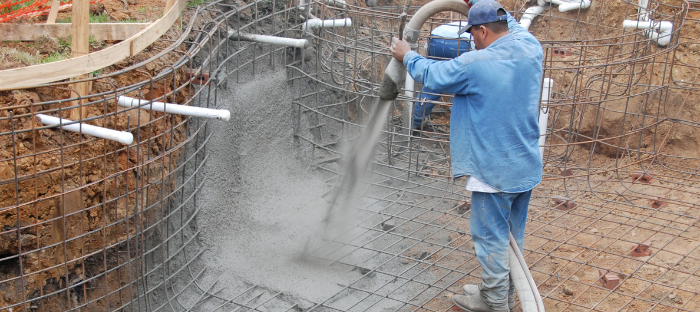
The average cost of pool construction can range from $30,000 to over $100,000 depending on the size.
Add onto that the added costs of heaters and pumps for maintaining a heated pool during cooler months, fence posts for security around unattended pools, running water lines to ensure proper filtration that will remove bacteria before it gets to the pool area, and it can add up quickly.
Adding inground pools means digging out the entire yard in some cases. The timing also matters: the setup time of a concrete pool starts at around 3 months up to and over 6 months, depending on the pool's size.
Pools require year-round maintenance for things like chemicals and electricity to keep the water clean and safe to swim in. A well-maintained pool will add to your household's utility costs but to pay extra is an investment for your home's value in the long term.
Expect tens of thousands over the years in terms of maintenance costs, but that could be worth it in the end when you sell.
How much value you get exactly will depend on finding the right buyer and how long your swimming season lasts throughout the year. It's hard in Canada to find somewhere where you can use a pool year-round - unless you plan on building an indoor pool. Before getting a pool, you need to be sure that it makes financial sense.
Annual maintenance costs should not deter buyers, so don't over-invest in home improvements if the real estate market doesn't value your neighbourhood much. If you plan to sell the house eventually with a pool, add up the cost of the maintenance over the years to find out if the total cost is worth it in the end.
Safety considerations when installing the pool.
You'll also need to make sure that the pool water is constantly tested and filtered before it reaches the pool. It’s important that there are no bacteria within or surrounding the pool, as it can cause illness in people swimming.
The best way to do this would be to install a heater/filtration system outside of your home's plumbing system that will help to ensure cleanliness each time someone uses the facility.
This also helps you avoid future legal battles if someone were to become ill while using your pool, so it's best to invest in this cleaning system.
Pay attention to things like the accessibility of the pool and the tiles surrounding it.
For example, sturdy pool ladders and non-slippery tiles around the pool increase the overall safety of swimming pool parties. For a pool to add value to your home, it can't be the source of safety issues.
During the home buying process, a future potential homeowner will pepper their real estate agent about the safety of the pool and whether they will need to spend money to make changes.
Maintenance and upkeep of the pool, including chemicals and cleaning.
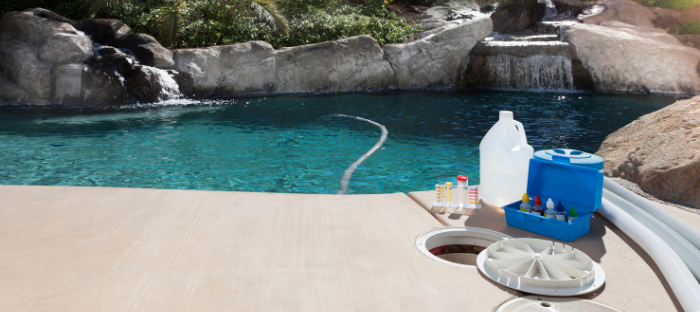
As mentioned, you'll need to clean and test the water on a regular basis. This means inspecting it for debris that can damage pumps or pipes, as well as testing for chemicals to ensure there's enough chlorine in the water so no bacteria will infect swimmers.
There's also maintaining the pH levels and making sure that acidic and basic chemicals are balanced out. You'll need to make sure the tiles and water ladders and slides (and fences) surrounding the pool aren't mildewed or mouldy, as that can cause health problems for swimmers.
Finally, you'll need to inspect electrical components like pumps and filters to ensure they aren't corroding due to age or too much use.
One of the biggest issues with owning an inground pool is that if something goes wrong, you'll need to spend money on it immediately. For instance, there's no waiting for a warm day in winter to fix your heater in the backyard.
You must be diligent with daily maintenance, which is pricey if you don't have a lot of space around the pool.
Your backyard landscape size and shape will play a role in determining how much space your inground pool occupies. Some shapes are more efficient than others, but it all depends on what purpose you want your pool to serve – whether that's for exercise, recreation or relaxation.
Also, determine if you want the pool to be part of your landscape design or very separate from it. If you do choose to surround it with flowers and plants that require water or pesticides, they can damage the pool's cleanliness in some cases.
Another important issue is whether there are any trees around the pool. If so, the roots can eat away at the pool's liner over time, which will affect its structural integrity and safety rating.
To maintain your pool means to maintain the area around it; leaves falling into the water can find their way to the filters and impair your enjoyment of the pool because of unexpected issues they create. Landscaping also ends up being pool care.
The benefits of having a swimming pool at home.
If you live in an area with a warmer climate, a pool will give you something to do all year long. It's a great way to get some exercise, socialize and enjoy the outdoors.
Swimming is an exercise that involves the whole body and that alone can be enough for many buyers, something that means more to them than an extra square foot or two in a kitchen. In addition to using your muscles, you will also spend more time in the sun which has its own set of benefits. A pool fits in a healthy lifestyle easily.
Sometimes, how much value you get out of something is how much fun you and your family are having.
Turning a house into a home is something a pool can do with parties, days spent splashing around in the sun or teaching little ones how to swim. "Home value" often doesn't focus enough on the first word but homeowners are often families first and not concerned with the ins and outs of the real estate market.
Relaxing in your pool is also something that adds value to your home, you don't need to do laps or have over twenty people in the pool at one time, sometimes it's a good idea to just slow down and enjoy your time in the sun.
When is adding a pool a bad idea?
By nature pools require space so if your home doesn't have it, a pool can force you to be constantly cramped. You will also need room to store the equipment for its upkeep, an additional cost in certain cases. Pools take up a lot of space and for those with small backyards or homes on crowded streets, the enjoyment is not likely worth the hassle.
A pool can also lower your home value if it isn't highly desired in your neighbourhood. It's not likely to be a huge hit for a new owner if nearby houses don't have them or they aren't highly sought after in that area.
Pools often need daily or weekly care and it needs to be performed at certain times of the year, something that can become quite costly depending on who is doing the work for you. You will also need to consider that pool care can be tough if you don't have the time or energy to perform it.
Along with the costs, a pool can increase your homeowners' insurance premiums. This is something you'll want to keep in mind when considering whether it's worth all the work and effort.
A swimming pool should be seen as an addition to your home, not a requirement. If you love the idea of relaxing by the water in your own backyard, it can be well worth the extra effort and work when done right. Just remember that pool care is something that takes time and patience along with maintenance for optimal results.
All in all...
If you're thinking about getting one, there are things you need to consider that go beyond the issues of size and space. You should check out how it's cared for and if it's a model that can be well taken care of over the years, and who needs to be responsible for its upkeep. The last thing you want is to make your home harder to maintain.
It is also important to find out whether any parents have ever had trouble with children in or around pools and figure out if there were any tragedies as a result. All of this is to better ensure that you're doing what's best for your family as well as ensuring your new home will build up value over time instead of having it decline because of neglect or misuse.
View All Homes For Sale in Greater Vancouver >>>
About Search Home Listings
SearchHomeListings.ca has simplified the home buying and selling process by giving you superior tools with up-to-the-minute information including active homes for sale, sold homes, market reports, and a home valuation tool! We have a team of success managers on standby to support you with setting up your saved home search and agents ready to take you out on a tour. Tap into our industry experts from inspectors, to contractors to interior designers to provide you with the best prices and service possible. Everyone attached to our website has been rigorously vetted and is made up of caring, knowledgeable professionals that work tirelessly to help you to make your home buying experience as stress-free as possible. Contact us today to see how we can help!
Sites We Follow
Categories
Recent Posts

